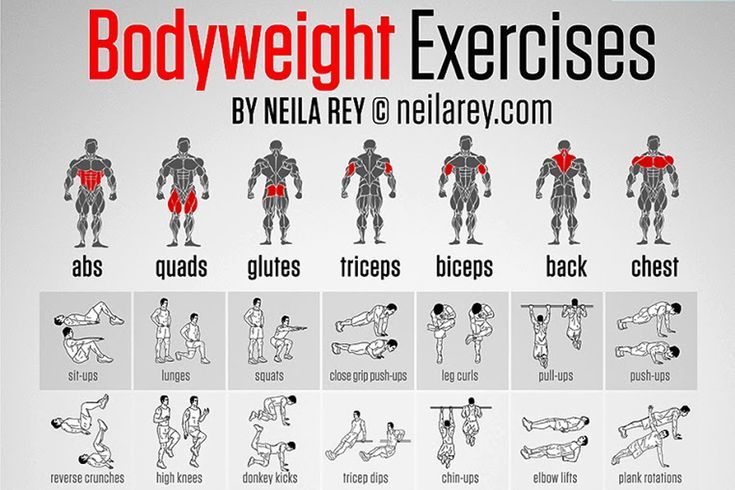
Bodyweight vs. Weighted Exercises
When it comes to choosing the right exercises for your fitness routine, there are various factors to consider. One of the most important decisions is whether to focus on bodyweight exercises or incorporate weighted exercises into your workouts. Each approach has its own set of advantages and disadvantages, and understanding these can help you make an informed decision that aligns with your fitness goals.
Bodyweight Exercises
Bodyweight exercises refer to exercises that use your own body weight as resistance, requiring little to no equipment. They are versatile, as they can be performed anywhere and at any time. Some popular bodyweight exercises include push-ups, squats, lunges, planks, and burpees.
One of the advantages of bodyweight exercises is that they engage multiple muscle groups simultaneously, making them efficient for full-body workouts. They also promote functional strength and stability, as they mimic natural body movements. Additionally, bodyweight exercises can be modified to suit various fitness levels, making them suitable for beginners and advanced individuals alike.
However, bodyweight exercises do have limitations. As the resistance is limited to your body weight, they may not provide enough challenge for individuals looking to build significant muscle mass or strength. Progressing in bodyweight exercises may also become difficult once you reach a certain fitness level. Moreover, individuals with injuries or joint problems may find certain bodyweight exercises challenging or unsuitable.
Weighted Exercises
Weighted exercises involve the use of external weights, such as dumbbells, barbells, resistance bands, or weight machines, to provide additional resistance during exercise. They can be effective for targeting specific muscle groups and increasing overall strength and muscle mass.
One of the main advantages of weighted exercises is the ability to progressively overload muscles by increasing the weight over time, which promotes muscle growth and strength gains. The specific nature of weighted exercises also allows for more targeted muscle isolation, which can be beneficial for individuals looking to develop specific areas.
However, weighted exercises require equipment and may not be as accessible as bodyweight exercises, especially if you prefer to work out at home or don’t have access to a gym. Additionally, there is an increased risk of injury if proper form and technique are not maintained during weighted exercises. It is crucial to learn and use proper lifting techniques and start with manageable weights to avoid injury.
Combining Bodyweight and Weighted Exercises
Instead of choosing one over the other, many fitness experts recommend combining bodyweight and weighted exercises for optimal results. This approach allows you to benefit from the advantages of both types of exercises.
You can incorporate bodyweight exercises as a foundation for your workouts, focusing on compound exercises that engage multiple muscle groups. This will help improve overall strength, stability, and functional fitness. Then, add weighted exercises to target specific muscle groups and further challenge your body, promoting muscle growth and strength gains.
Furthermore, alternating between bodyweight and weighted exercises can help prevent boredom and plateaus in your fitness routine. It adds variety and keeps your workouts engaging and exciting.
Conclusion
When deciding between bodyweight and weighted exercises, it’s important to consider your individual fitness goals, preferences, and limitations. Bodyweight exercises provide versatility, functional strength, and adaptability to different fitness levels. On the other hand, weighted exercises enable targeted muscle development, progressive overload, and increased resistance for greater strength gains.
To optimize your fitness routine, you can combine both approaches, leveraging the benefits of each. A well-rounded workout routine that includes a mix of bodyweight and weighted exercises can help you achieve your desired fitness outcomes and keep you motivated along the way.